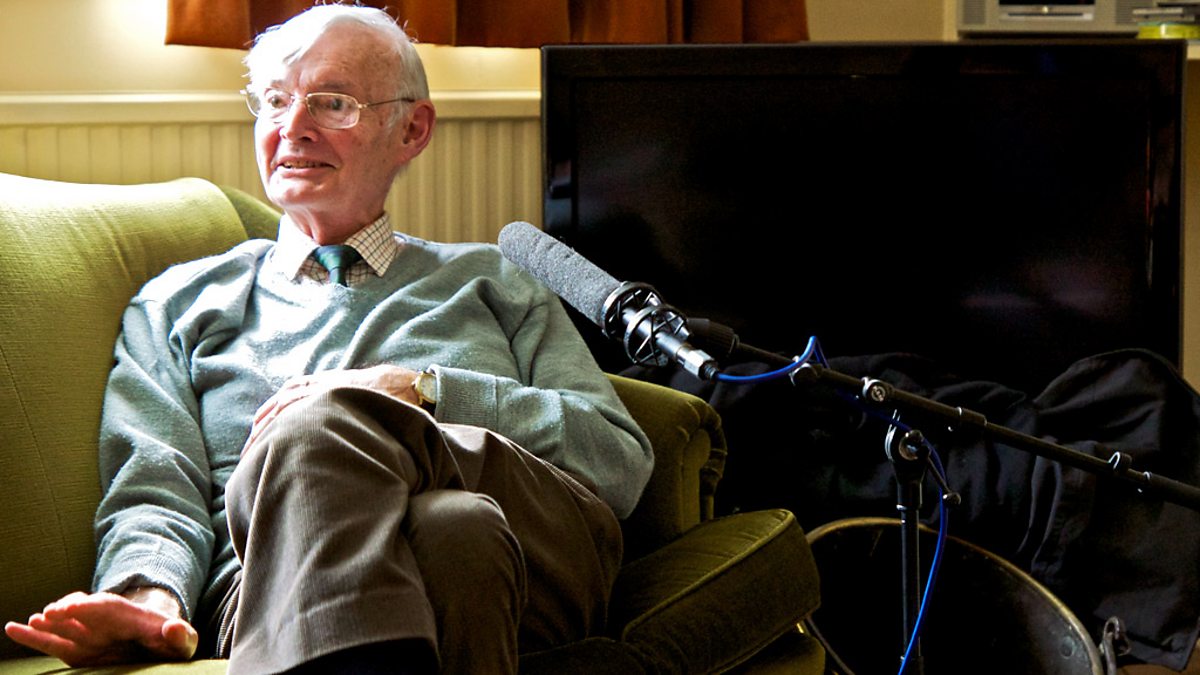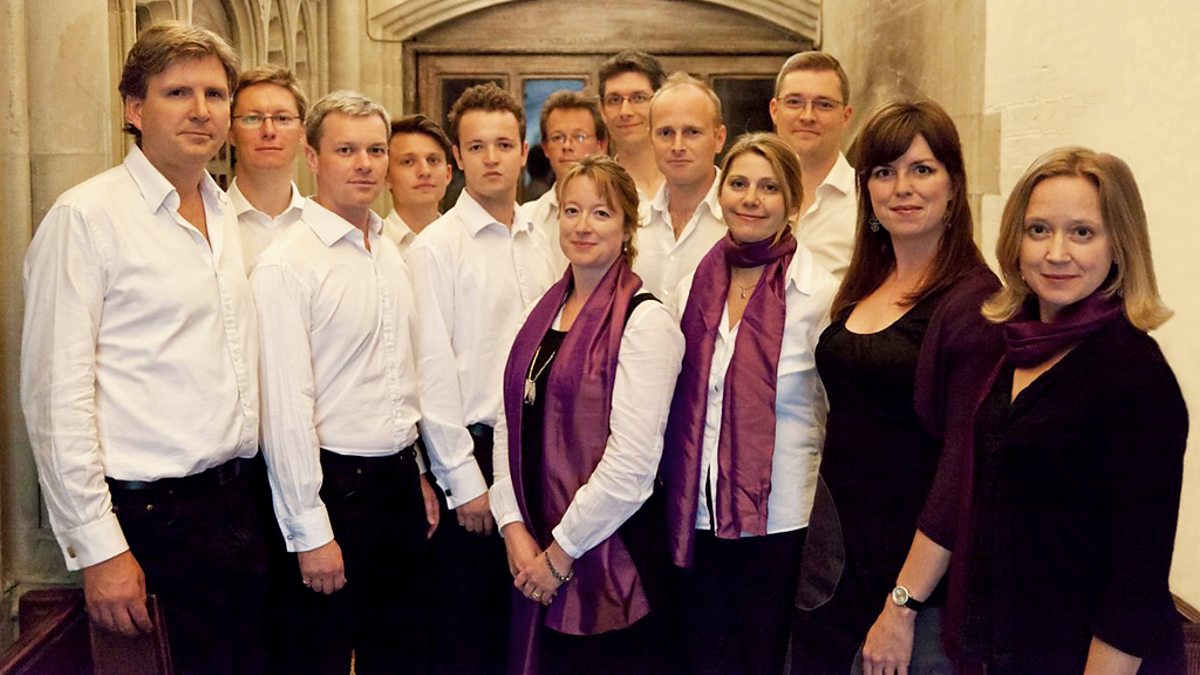Saturday
On today's Early Music Show Catherine Bott talks to David Wulstan, a pioneering figure in the understanding and interpretation of early music in general, and of music of the Tudor period in particular.
In the 1960s and 1970s David Wulstan created The Clerkes of Oxenford. With this group of singers he worked tirelessly to produce revelatory recordings of the music of Tallis, Sheppard, Gibbons, Tye, White, and others, which revolutionized the way it was interpreted, and the way we now hear it today.
[…]
Sunday
The vocal group Tonus Peregrinus was founded 23 years ago by the composer Antony Pitts and has since managed to fill a niche market in the recording industry with recordings of contemporary, newly composed music and early music going back to the Medieval era. Catherine Bott chooses some tracks from the group's back catalogue of recordings and talks to director, founder and composer Antony Pitts.
On today's Early Music Show Catherine Bott talks to David Wulstan, a pioneering figure in the understanding and interpretation of early music in general, and of music of the Tudor period in particular.
In the 1960s and 1970s David Wulstan created The Clerkes of Oxenford. With this group of singers he worked tirelessly to produce revelatory recordings of the music of Tallis, Sheppard, Gibbons, Tye, White, and others, which revolutionized the way it was interpreted, and the way we now hear it today.
[…]
Sunday
The vocal group Tonus Peregrinus was founded 23 years ago by the composer Antony Pitts and has since managed to fill a niche market in the recording industry with recordings of contemporary, newly composed music and early music going back to the Medieval era. Catherine Bott chooses some tracks from the group's back catalogue of recordings and talks to director, founder and composer Antony Pitts.







Comment